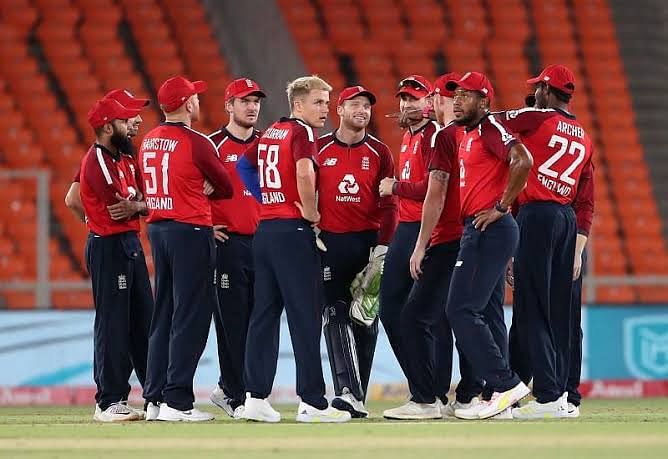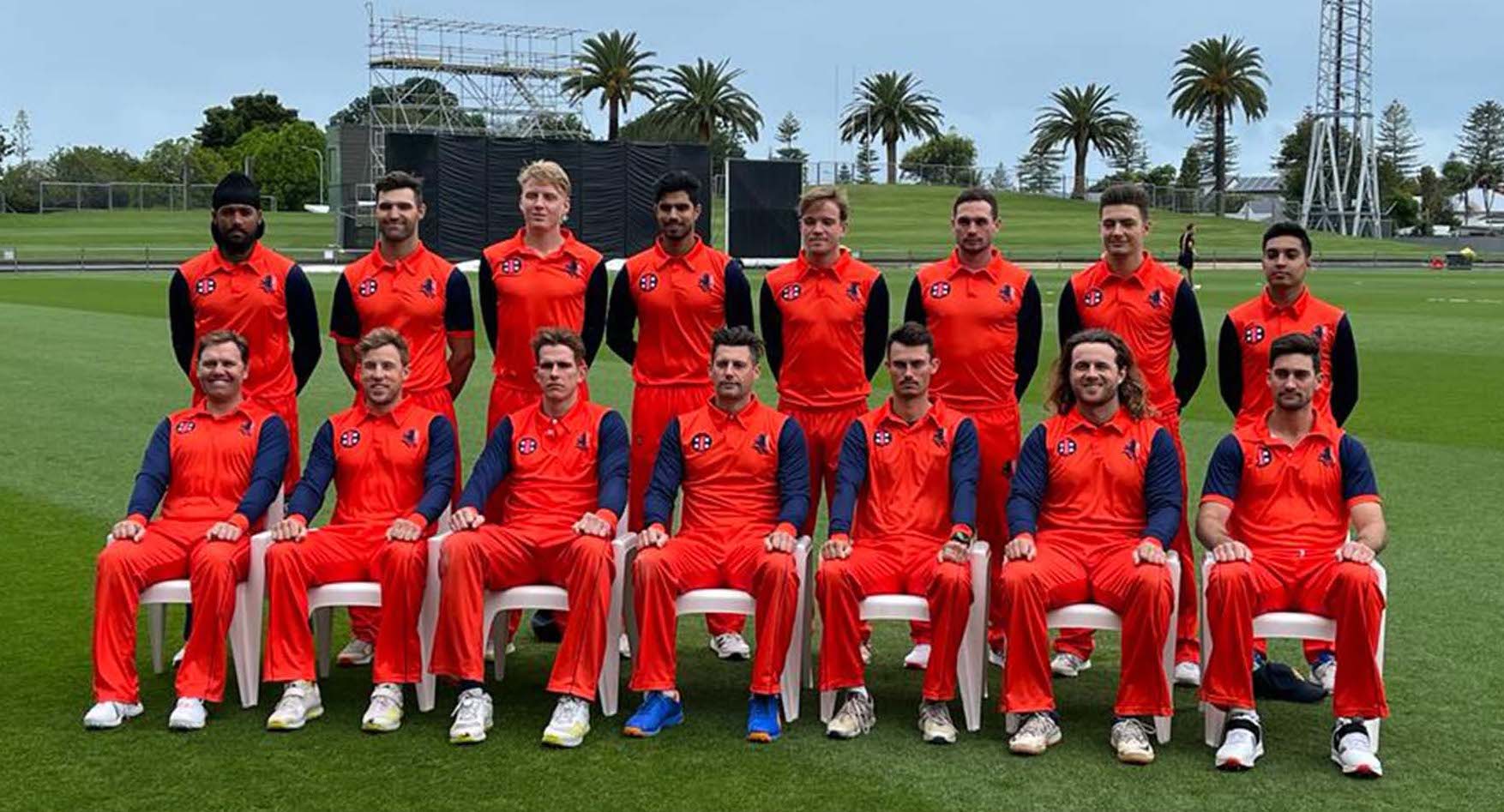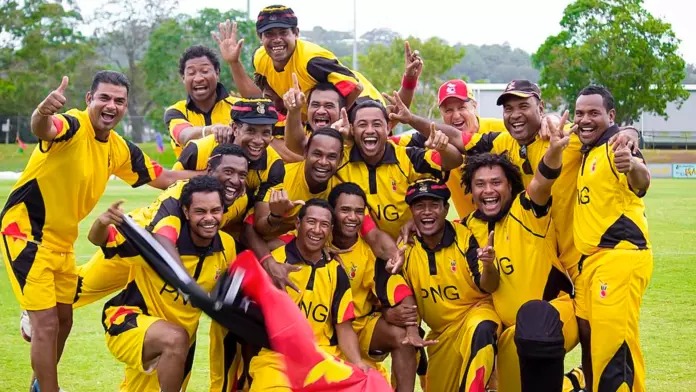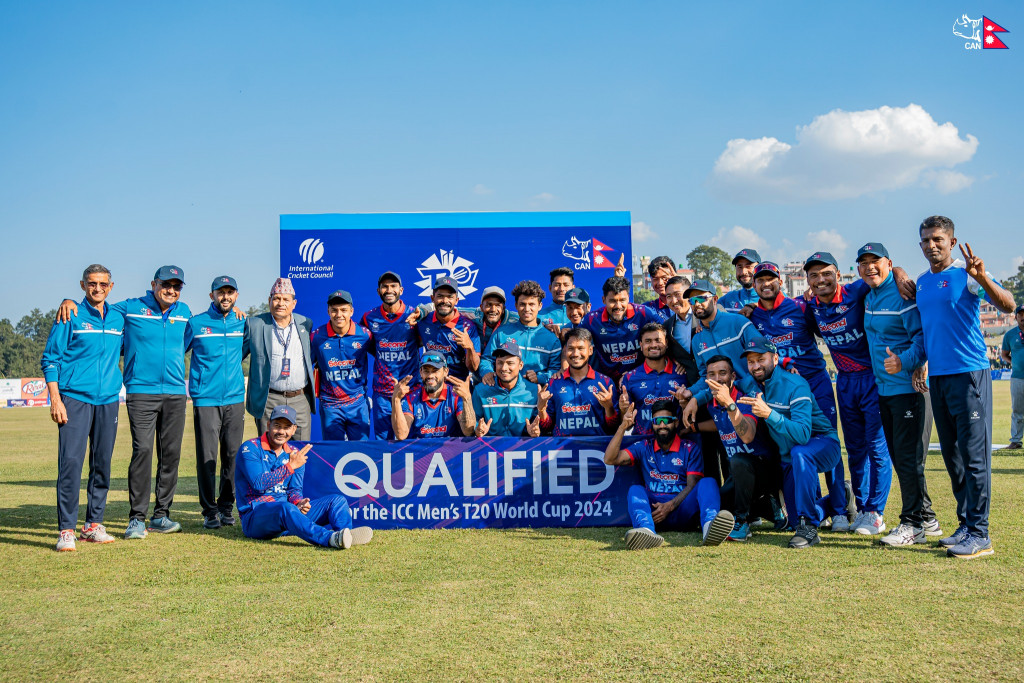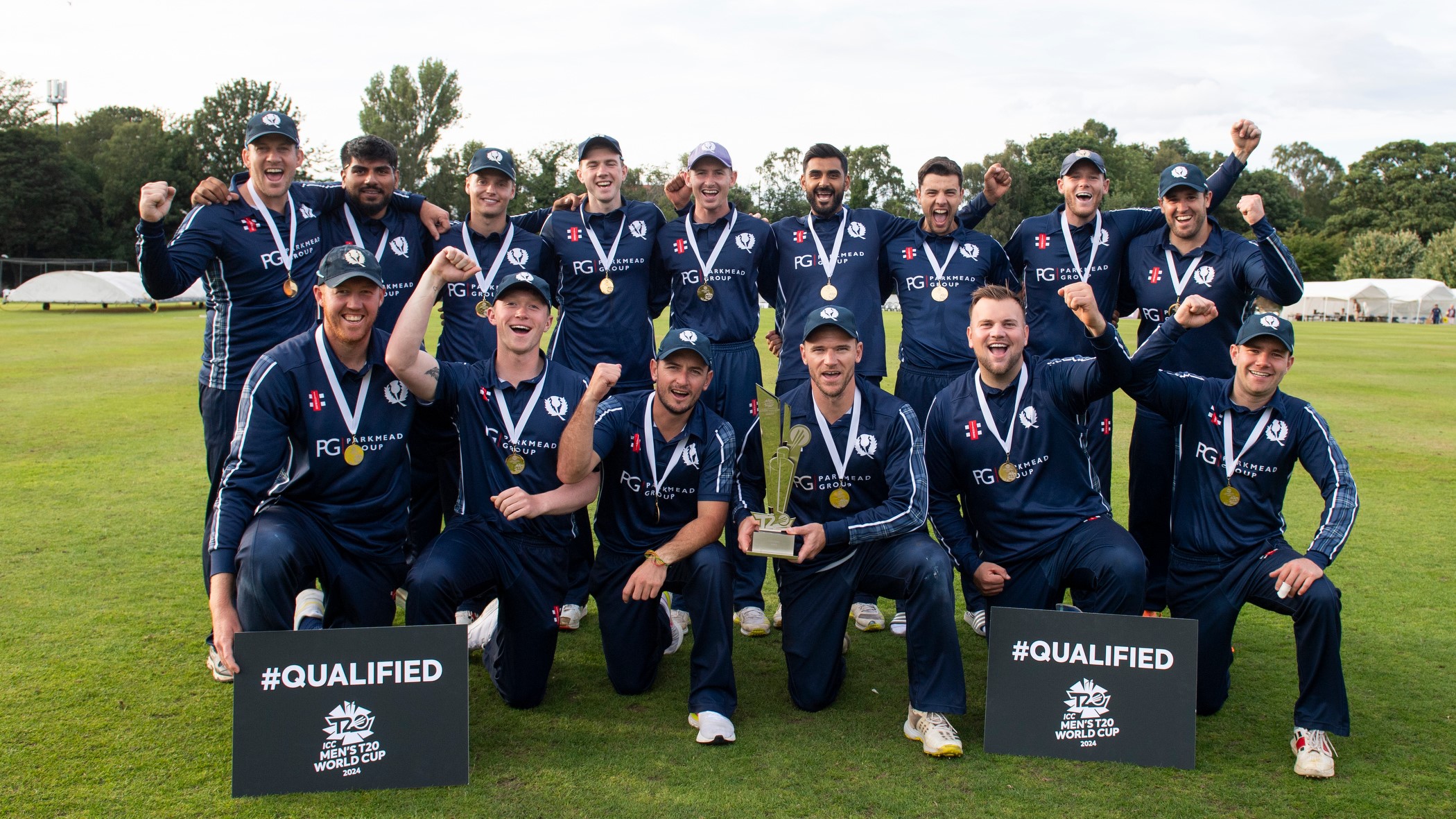The countdown has begun for the kick-off for the IPL 2021 and the franchises will be gearing up to showcase their best performance this season. The T20 league has always been a proving ground for players around the world and a testing ground for the laws of the game. While International matches are marred with controversy due to constant rule changes and the development of technology, IPL has always remained ahead of the curve when it came to piloting the changes.
The changes have always helped fans and umpires to witness the game played to fair standards. Yet it's not perfect, and so there is constant reviewing of the laws as new circumstances arise. The DRS was an innovative change for the league helping teams challenge umpiring decisions and in turn, has challenged umpires to raise their officiating standards.
Leading to the 14th edition of IPL, BCCI has taken some bold steps in reviewing and making changes to the guidelines of the IPL to rectify controversy of before edition and those seen in the International format of the game. Today we take a look at the tweaks BCCI has brought about in the rules for the latest edition of IPL.
Soft Signal
The pain of soft signals is fresh in the minds of the Indian cricketing world thinking about the Dawid Malan caught in the recently concluded T20 series between India and England. It has also been a hot topic of debate since its introduction and has led to the decisions of the third umpire ever since. Most in the cricketing fraternity don't comprehend the logic of this rule.
And as a welcome change, BCCI has removed the soft signal and this might be a sign of things to come on the International stage too. The change has been brought about in the Appendix D-Clause 2.2.2 of the paying conditions of the IPL. This will guarantee to bring about much more flawless decision-making by the third umpires of the IPL.
Short Run Rule
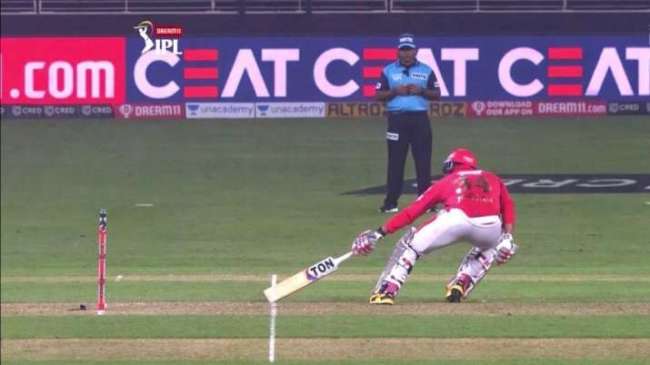
This is also a rule known to cause issues and became a hot topic to fans in the last edition of the IPL when Punjab Kings failed to make the playoffs. The need for this rule comes into play when a batsman fails to take a complete run when running between the wickets. Due to which the team gets one less run. This was often something not properly regulated by the on-field umpires
But as per the rule changes, a short run appeal can be checked with the third umpire who is better placed to make the right call. And if needed can overturn the decision of the one field umpire. This will be a welcome change for the teams as witnessed last year when an on-field umpire failed to clear the issue of a short run causing Punjab Kings to miss the playoffs. After which an official complaint was lodged by the franchise management.
Match Timings
Match timings have forever caused problems for franchisees and their captains. As the before law stated that the minimum over-rate to be achieved in IPL matches shall be 14.11 overs per hour. That means, in uninterrupted matches, the 20th over should start before or on the 90th minute from the start of the innings. This has caused much confusion among the captains due to time taken in setting field changes due to which they were issued fines.
Avoiding this issue, amendments have been made to the rule stating that to control match timings the 20th over of respective innings has to be included in the 90 minutes. This will simplify the time available and keep the captains accountable for the match timings. Also speed up to match proceedings for the fans, as they don't have to wait for delays from bowling changes.
No Ball
Another rule that has caused much controversy is the no-ball rule when a bowler oversteps the boundaries while bowling. The result of a no-ball is a free hit, where the batsman can hit the ball without the worry of getting out. The umpires often give harsh or wrong calls against bowlers due to the event happening in a split second of real-time play.
This has caused a lot of confusion over the years and as a result in the coming IPL, all no balls can be referred with the third umpire and they hold the power to overturn the decision of the on-field umpire. The waist-high no-ball also comes as part of this, which was often overlooked by the on-field umpires.
These rule changes are sure to raise the standards and make the game fairer for the players that play and fans that watch. BCCI will be hoping these changes will avoid much-unneeded confusion and controversy. Let us know your thoughts about these rule changes and how they can impact the game.

